Are standards too high or is the pressure to be above standard too high for even the elite to meet? Throughout the nation parents agonize over disparate concerns; do I care more about my child’s mental health or their career path? Mom’s and Dads are torn in different directions. Is pain gain or is it a peril that threatens my child’s life. Perspectives differ and many responses to the question reflect this reality. Consider the Letters: The price of an ‘elite’ education. Tell us; what do you think?
At Harvard-Westlake School, Some Wonder Whether Standards Are Too High
When he arrived at one of Los Angeles’ preeminent private high schools seven years ago, baseball coach Matt LaCour knew how to win. He had a CIF championship under his belt.
But the self-described “public school kid” was now at Harvard-Westlake School, the destination for many children of L.A.’s business and entertainment elite.
In the past, the baseball team didn’t win much and routinely let players skip half a double-header. LaCour sought to impose a new ethos: His players’ non-class time should be centered on baseball.
That prompted a backlash from some parents, a minor rebellion on the team and suggestions that LaCour should back off. The coach said he eventually “changed a lot of my steadfast, hard rules. It was partly because I had to. And partly because I changed my perspective.”
Last spring, Harvard-Westlake, the perennial also-ran from Studio City, won the Southern Section Division 1 championship. Baseball America magazine declared the team the best in the nation. And LaCour collected a pile of coach-of-the-year honors.
The struggle to balance academics and extracurricular activities exemplifies the challenges confronting a high school that is counted among the nation’s most acclaimed.
The $32,000-a-year private academy boasts a national debate champion, more National Merit Scholarship semifinalists per capita than all but one school in California, 16 state sports championships for individuals and teams and as many Yale-enrollees over a four-year period as the 236-year-old Phillips Academy in Andover, Mass.
But at a school that appears to have every possible advantage, officials have recognized that going all out all the time can raise collateral issues.
Fourteen students dropped out two years ago citing depression — a cluster of departures that worried some faculty members. This fall, half the students surveyed by the high school newspaper, the Chronicle, cited the “stressful atmosphere” as a needed focus for change. One current instructor privately bemoaned the “many outcome-driven families” who view anything short of an Ivy League admission as failure.
Harvard-Westlake isn’t alone in worrying about the burden on students.
“It’s a plain fact that high school kids today are in an environment where the competition and stress is much more dramatic than a generation ago,” said John Chubb, president of the National Assn. of Independent Schools.
Born in 1991 by the merger of a boys and a girls school, Harvard-Westlake is at watershed moment. Founding President Thomas C. Hudnut retired last spring to valedictories and fireworks and was replaced by Rick Commons, who came from the old-line Groton School of Massachusetts.
Commons’ imperative is to maintain Harvard-Westlake’s ambition while addressing concerns that the unremitting push for top honors can be suffocating. “The great challenge … in schools where excellence is a value is to simultaneously have balance as a value,” said Commons, 47.
But he takes over a school where advantages are much more apparent than deficiencies.
Harvard-Westlake is home to a university-quality science center, a gift of Berkshire Hathaway magnate Charles Munger; an annual student film festival that draws judges such as television producer Norman Lear; and a staff so content that the school this year topped a ranking as “the best place to work in the Southland.”
In the years since the merger, Harvard-Westlake has counted actors Jason Segel and Jake and Maggie Gyllenhaal, NBA players Jason and Jarron Collins and Spencer Rascoff, chief executive of the online real estate firm Zillow, among its graduates.
Regulating who gets in is central to the school’s success. Most of those admitted have scored at the high end of the Independent School Entrance Exam. “We bring in a group that we already know is good at test taking,” more than one administrator said.
Once on campus, students are engaged by teachers such as Antonio Nassar, who has a doctorate in physics and has been known to leap on a desktop to emphasize a point or play “Somewhere Over the Rainbow” to introduce a talk on Descartes and refracted light. Nontraditional courses such as Statistics and Sports and Ethics: Philosophical Traditions and Everyday Morality press students to think critically.
Nine deans track the progress of about 30 seniors each while also carrying about 70 underclassmen on their caseloads — a contrast to even the highest-ranked public schools, where counselors often juggle hundreds of students. More than a quarter of Harvard-Westlake’s class of 2013 entered Stanford and Ivy League colleges.
“A lot of people here are driven. They want to work really hard,” said Noa Yadidi, co-editor in chief of the Chronicle. “It only makes you want to work harder and reach higher.”
The student body is 78% white and Asian American, 8% African American and 8% Latino, with grades seven through nine housed amid the mansions of Holmby Hills at the old Westlake campus (graduate: actress Candice Bergen). The upper grades fill the onetime Harvard campus (graduate: Los Angeles Mayor Eric Garcetti). The school offers $8 million a year in financial aid, and nearly 20% of the students receive some sort of assistance, a figure the school’s leaders said they intended to increase, in part to enhance diversity.
But the stress of constantly striving for the top rung can weigh on some students, regardless of background.
One recent graduate described the “rip your hair out” pressure of multiple Advanced Placement classes. She said she and her girlfriends got used to spending their Saturday nights doing homework. She felt embarrassed when she “only” made it into USC.
But the Harvard-Westlake alumna also said her high school experience was so strong that college seemed like a breeze. “Once you are out of there you feel so lucky to have been there,” she said, still wearing her Harvard-Westlake ring.
Like several other people interviewed for this story, she declined to be named. Even as they expressed misgivings about the high-pressure atmosphere, they said they valued Harvard-Westlake’s extended academic and professional community too much to risk falling out of favor.
There was some soul-searching in 2011 after the 14 students withdrew from the Studio City campus. The minutes from a faculty meeting showed the staff raised questions: “What should/can we do? Cause? Increase in expectations of students? College push?” (Principals at other schools expressed similar concerns, the memo said.)
Harvard-Westlake administrator Jean Huybrechts, who runs the school’s day-to-day operations, recently called that spike in mental health dropouts an anomaly. But officials said they are planning a workload study this year to determine whether demands on students had become excessive. As the result of a previous study, Harvard-Westlake now limits homework to three hours per subject per week. Huybrechts predicted the upcoming review would lead to additional “mitigating measures.”
Theater arts instructor Ted Walch, 71, says the school is the best of several where he has taught during a long career. Still, he said he would like to see more time for his students “to be bored and to daydream and to be kids…. We are a powerful enough school that if we pull back just a bit it’s not going to hurt anyone’s chances to get into Harvard, Yale or Brown.”
Commons — who worked at Harvard-Westlake in the 1990s as an assistant dean, English teacher and soccer coach — has drawn up a list of “recurring themes and tensions” that he feels require attention, including “student/parent focus on outcomes (rather than personal growth)” and “academic pressure and stress.”
When senior outfielder Daniel Davila recently told LaCour that he wanted to try out for the school play, “Hairspray,” the baseball coach told him, “Go, go.”
“I’ve got to allow a kid to find himself in high school,” LaCour said of his new philosophy. “When he comes back to baseball, if he’s good enough to play, he’s good enough to play.”
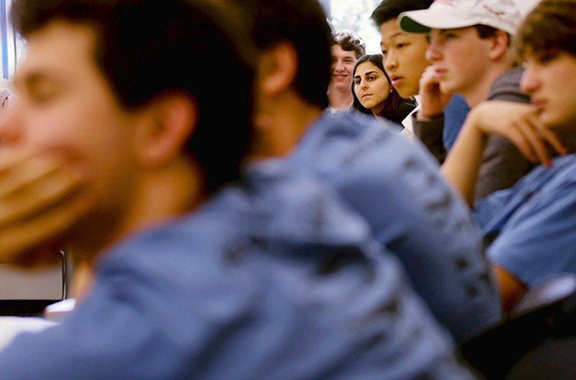

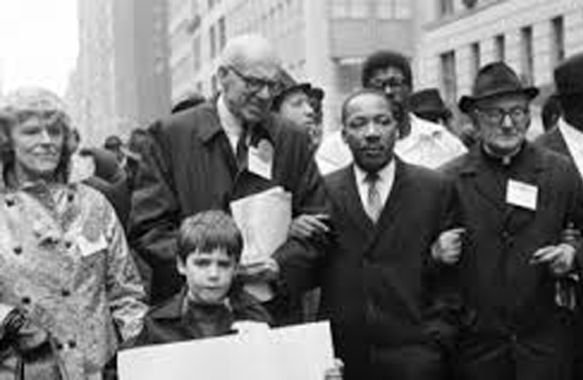
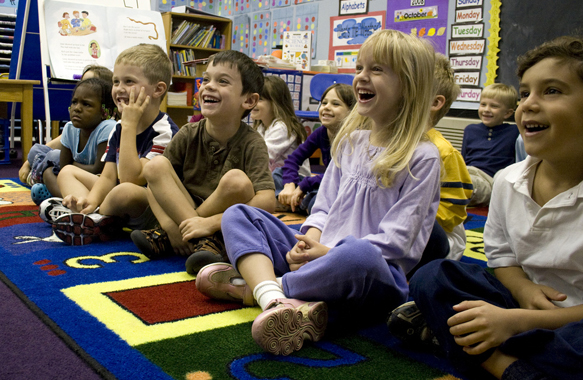



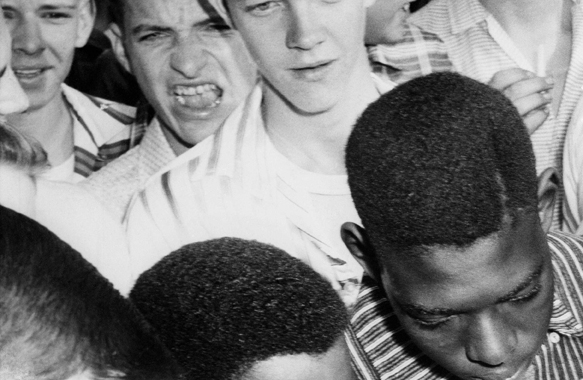

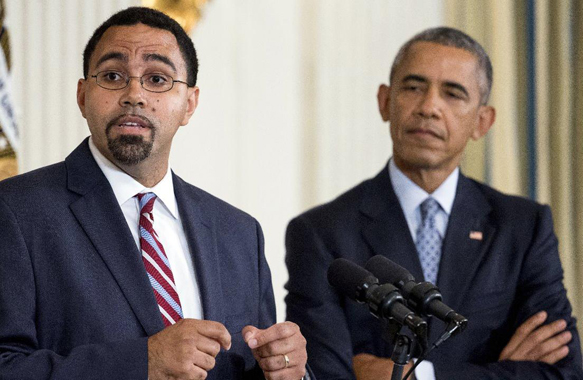

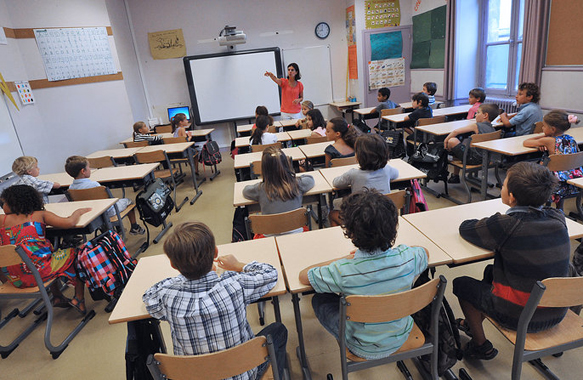
Isn’t this the school that Jonathan Martin, the Miami Dolphin Offensive Lineman, went to. The rise in pressure on our kids is not an anomaly — just look around. We need to find the right balance between high standards and what is right for our kids
Mark
Throughout the country we are raising standards … yet I wonder what that means. Arbitrary benchmarks and higher cut off scores only mean someone has learned to play the game better. Perhaps we could look at each student’s growth as thinking caring citizens.. The goal I ascribe to is growth for each student within the context of who they are . Achievement means nothing if it is not connected with learning about life and living.
Learn Glow Grow
Bob